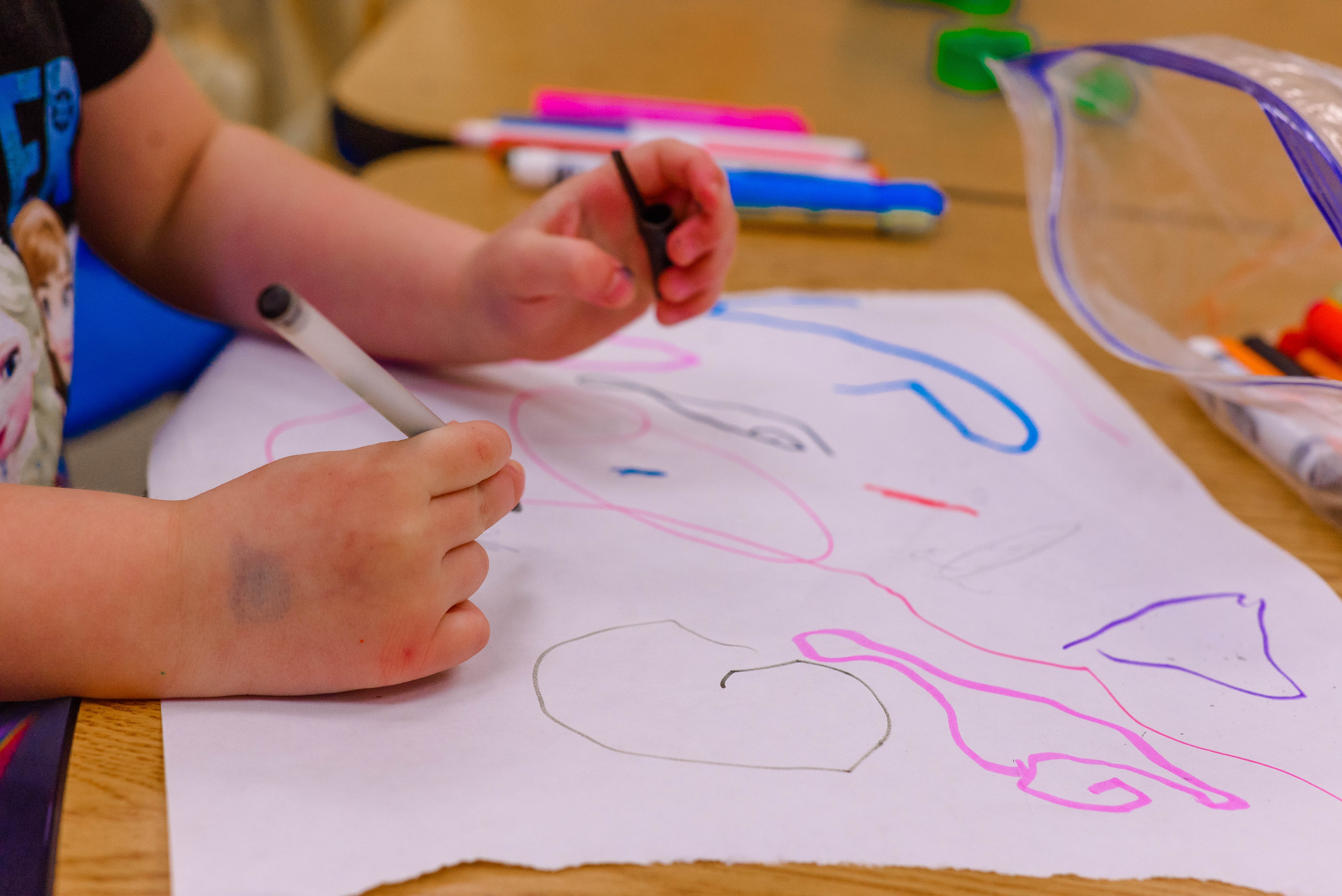A universal question goes on in every mother’s head. Is my care at home more favorable? Will I be harming my child if I send him/her to preschool? Will I be hindering my child’s development if he stays at home?
When I am asked any of those questions, the first thing I say is that if a mother feels that her toddler’s stimulation at home is not enough and he’s starting to show signs of boredom, it is usually time for further stimulation. The mother’s exact words are frequently” I FEEL I’M NOT ENOUGH ANYMORE!” or ’’I DON’T KNOW HOW TO STIMULATE MY CHILD’S DEVELOPMENT!”
Many researchers have attempted to discover what effects if any, day care has on children. Clarke-Stewart (1989) found that infants receiving non-maternal care were less likely to be securely attached to their mothers than infants who were cared for by their mothers (47% versus 53%). Other researchers found that children’s development is not affected adversely by good-quality non maternal care (Phillips et al 1987).
Recently research has focused less on the effects of daycare versus maternal care than the effects of high quality versus low quality daycare.
Findings were that, children who receive high quality daycare from an early age have been found to be more competent socially in elementary schools (Anderson, 1992; Field 1991; Howes, 1990) and more assertive (Scarr and Eisenberg 1993) than children who enter day care later.
On the other hand poor quality care may have negative effects on adjustment, particularly in boys, especially if the child comes from a highly stressed home environment ( Garrette,1997). Good quality care can reduce the effects of growing up in such an environment ( Philips et al 1994)meaning that if your child is living in a somehow disruptive or high stress environment , it is almost life rescuing to place him in a very high quality child care facility or preschool.
Basically all this indicates that whatever you do. DO NOT enroll your child in a poor quality child care and by poor quality I am not referring to only the physical status or the hygienic factor but the quality of skills development, education and staff professionalism.
In Egypt unfortunately a lot of parents are misguided by the fancy decorations of a nursery and skip the more important educational and developmental aspect .They tend to perceive preschool as a baby sitting service for working mothers .Nearly 70% of mothers touring around to choose a nursery for their child ask only about hours, Fees and hygiene while only 30% have the knowledge to ask about educational content.
But day after day and year after year, kindergarten and school teachers are finding a big lag in skills between children who have had prior educational experience in a good nursery and those who have been in a poor quality nursery or are coming directly from home.
Thus, this service is becoming almost a necessity and a pre requirement for schooling.
I truly believe that the child’s mind grows through social interaction with other minds and that cognitive development is linked to input from others.
According to Vygotsky, intellectual skills are progressively mastered by children. First they make many errors and are mostly dependent on the teacher for corrective advice. After some practice, children ultimately reach a point where they perform the skill independently.
Wood , Bruener, and Ross, 1976) have used the notion of SCAFFOLDING to describe how teachers and more capable peers lend a hand to students to help them advance from one level of performance to the next.
Scaffolds are the structures that workers climb on to lay higher and higher layers of bricks.
Vygotsky also described The Zone of proximal Development: “…the distance between the actual development levels as determined by independent problem solving and the level of potential development as determined through problem solving under adult guidance or in collaboration with more capable peers.”
Evidently that’s why there’s such a big gap in skills between the child who is subjected to high social interaction and stimulation and the child who is left in front of the T.V. for hours and hours with minimal human interactions.
We psychologists and psychiatrist call the first 5 years of a child’s life “The Crucial Early Years “ Crucial in the sense of defining the persons self regulation, skills development and personality which will either stimulate or hinder further achievements in life.

